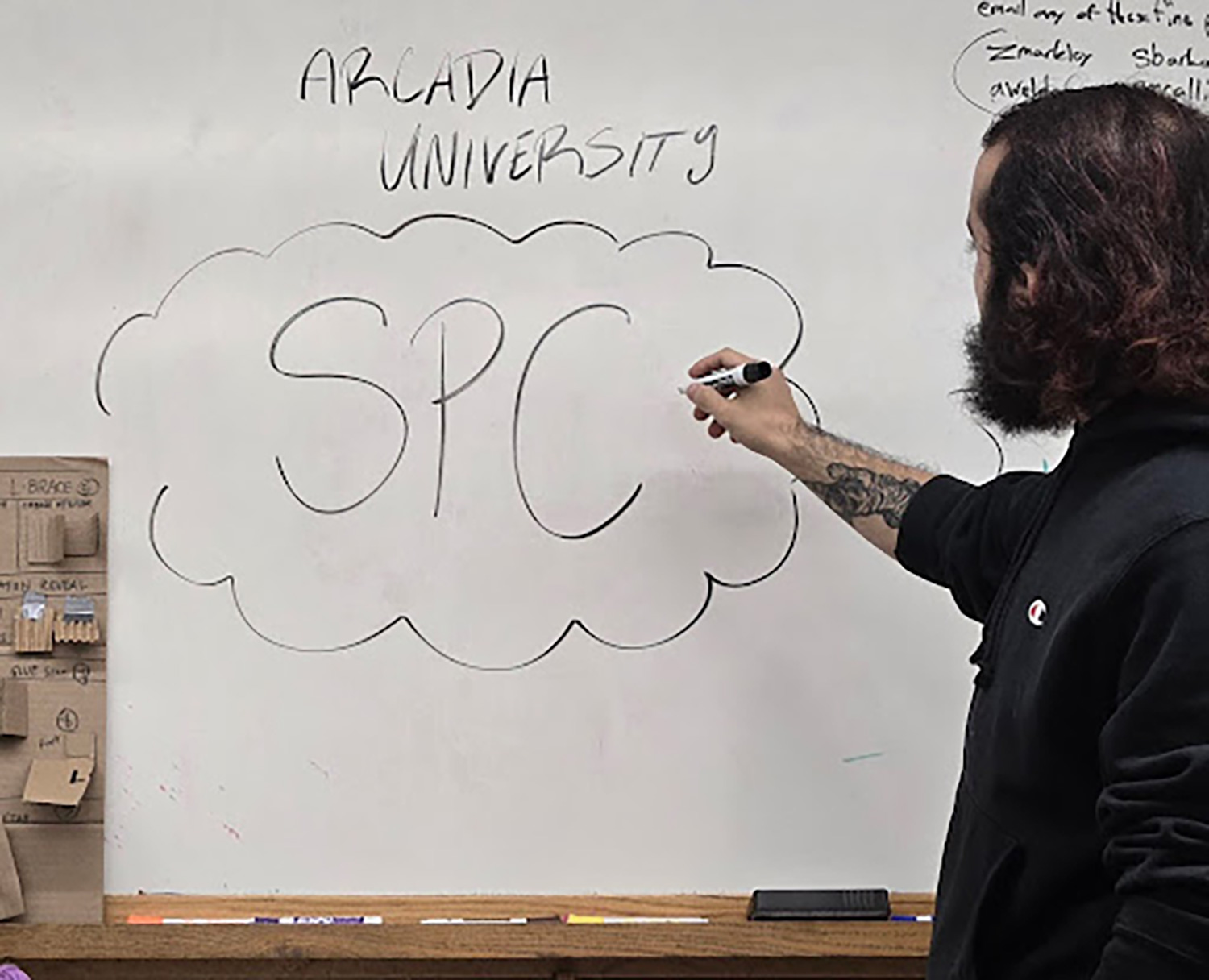What Are Student Pedagogical Consultants, and How Are They Improving Classes at Arcadia?

When I hear my peers critique their classes or leave reviews at the end of the semester online, their opinions are likely to express one thing: they wish they could have a direct impact on what they dislike about the teaching, and that their review would make a change for future students. For anyone who may fall under this category, I have wonderful news – Arcadia has a program just for taking in student feedback and using it to improve future classes!
Arcadia’s Student Pedagogical Consultants (SPC) program takes one student and one professor for a certain academic program, and as the title suggests, allows them to consult one another about a specific class and how it is taught. The official position title is a Project Partner, and the student is compensated under the Center for Teaching, Learning, and Mentoring. Their major does not have to be the same as the class, but there will be some correlation. Schedule permitting, the student will sit in on the professor’s class, watching and possibly taking notes.
For about one hour per week, the student and teacher will meet outside of class to share notes and have discussions, and not only does the student get to experience directly helping themselves and their peers succeed, but the teacher gets an honest amount of feedback that helps them prepare future lessons.
Not only does the feedback go to the style of teaching for the course, but it is a priority for the SPC that it helps to implement “anti-racist policies, practices, and approaches,” allow “inclusive additions to syllabi,” and generally “empower student voices through student-led feedback sessions” while “improving student engagement & retention—both within disciplines and the university at large” (CTLM).
I’ve been working alongside the art department as an Art Education major, and although the professor I was partnered with and I did not have time in common to meet, we plan to begin meeting next semester. Professor Carole Loeffler, assistant director of the Honors Program, foundations coordinator, and professor of Art and Design, taught Studio Art Foundations that I would have attended if my schedule allowed. The SPC is not designed to interrupt student’s lives in any way, but to work around their classes and prior obligations. Between you and me, I was excited to see that or her Craftivism art course in person, and my fingers are crossed that next semester I will have the same or similar opportunities with her!
The SPC program is designed for students studying most majors/minors. The more practice you get with lesson planning, teaching feedback, and pedagogical discourse, the more you will prepare for your future, regardless of your department. However, it may offer an especially valuable experience for anyone on track to become an educator. As Adjunct Professor Daniel Pieczkolon put it in a CTLM newsletter, “Beyond the classroom, a program like [this] has the possibility to help professors & students re-imagine their relationship to a particular field of study.” Whether involved in Education, Anthropology, or Biology, the takeaways of the program supersede any boundaries of the major.
It was Professor Pieczkolon who let me know about the SPC program, and having taken a Preview course with him as a first-year, it was great to have a friendly face to help explain the process. If anyone has any interest in the program, I highly recommend filling out this interest form for both students or faculty members.
For more information on the CTLM’s mission, feel free to visit Arcadia’s page on the SPC. Remember, the best teaching occurs only in the case of thorough learning!

